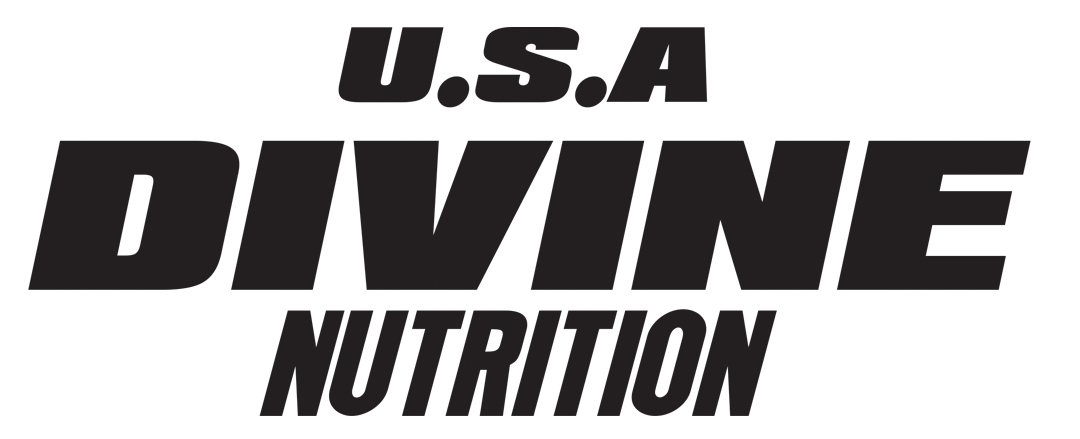Whey protein is one of the most commonly used proteins and is ideal for daily use. Whey protein supplements are obtained from milk in the cheese-making process. Whey protein powder is rich in 9 essential amino acids and helps build muscle strength and improves athletic performance and muscle recovery. Whey aids weight loss and management and acts as a very beneficial protein powder.
Plant-based protein powders come from a variety of plants, usually brown rice, peas, soy, and hemp. Depending on the brand, the powder may be made from a single type of plant or a combination of plants. Because they are made entirely from plants, plant-based protein powders are dairy- and lactose-free, making them a good choice if you follow a vegan diet or are lactose intolerant.
Whey Protein vs Plant-Based Protein
Whey protein powder is a high-quality protein obtained from cow's milk, which contains lactose. Plant-based protein powders are made from a variety of plants, such as brown rice, soy, or peas, and are suitable for vegans and lactose-free. If you want to build muscle, you need to engage in strength training and consume enough protein that contains all the essential amino acids and BCAAs. Whey protein isolate is considered the gold standard for muscle growth because it is a complete protein, contains high amounts of BCAA leucine, and is absorbed the fastest.
The protein content of plant protein powder depends on the plant from which it is made. Plant-based powders typically contain fewer BCAAs than whey powders. Additionally, only soy protein powder is considered complete
Typically, whey and plant protein powders contain similar amounts of protein.
Benefits of Whey
Whey protein is particularly rich in calcium, healthy fats, and other beneficial compounds such as omega-3 fatty acids. It is important to note that whey protein concentrates are higher in these beneficial compounds than whey protein isolates. This is because concentrates have less protein and more room for milk solids where these compounds are found.
Benefits of Plant-based Protein Powder
Plant proteins contain high amounts of fiber and antioxidants, two important nutrients that are found in low or even nonexistent amounts in animal sources. Soy protein powder is the only plant-based protein with specific data that contains all essential amino acids. So when it comes to protein quality, soy gets the highest marks among plant proteins.
Which is better Whey Protein or Plant-based Protein
If getting enough protein is your main concern, then you should have no problem getting protein from meat or whey alone. However, protein shakes have the advantage of being relatively inexpensive compared to certain cuts of meat and also more convenient for those on the go or short on time. Additionally, whey protein shakes are generally easier for the body to digest and absorb more quickly than proteins that come from whole meats.
If you're looking to lose weight, plant-based protein usually takes more time for your body to digest, so it can help keep you fuller for longer. However, an effective alternative is casein protein, another complete protein that comes from milk. Casein protein is digested and absorbed more slowly than whey protein and may be more beneficial than plant protein for promoting muscle growth between meals or before bed. If you follow a vegan or vegetarian diet, building muscle can seem like a challenge. However, it is entirely possible to build muscle quickly and effectively with vegan plant-based protein, as long as you choose the right type of protein, consume enough of it, and support your diet with proper exercise.
When comparing whey protein vs. plant protein, you need to think about the one that fits your lifestyle. Plant-based protein has a higher nutrient density and is more environmentally friendly than whey. For these reasons, vegetable protein gains an edge over whey. However, for those aiming to gain muscle mass, whey protein may be more beneficial.
CONCLUSION
Both whey and plant-based protein powders can be nutritious and effective additions to any diet and exercise plan, but you will most likely find that one will suit your needs better than the other.
In general, if you want a sustainable protein to help you manage your weight, or if you follow a vegan or lactose-free diet, choose plant-based proteins over whey. If you want a fast-absorbing complete protein that will help you build and repair muscle quickly, then whey protein may be more beneficial.


